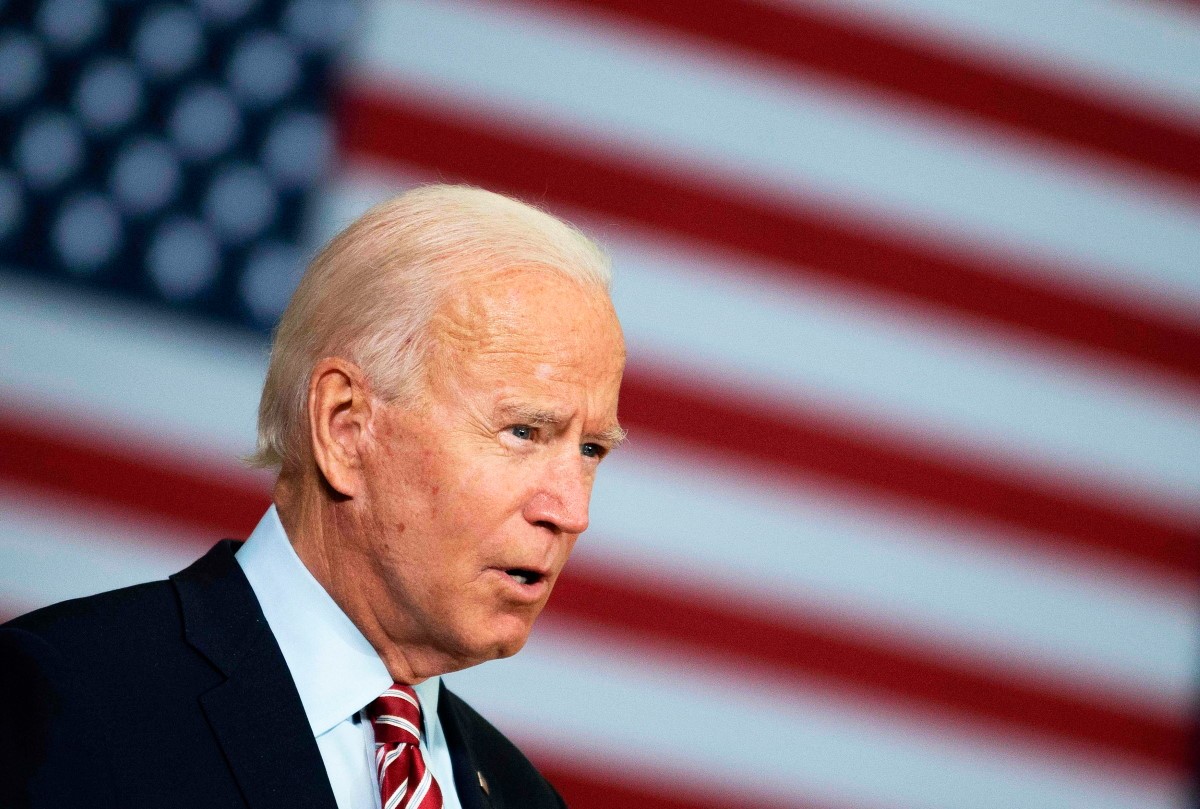Joe Biden advocates for cease-fire in Gaza.

President Biden announced that the United States is on the verge of negotiating an agreement that would result in a cessation of hostilities in Gaza. This would bring an end to a conflict that local health authorities report has resulted in the deaths of over 40,000 individuals in the region. The deal would also secure the release of hostages currently held by Hamas and, importantly, prevent a possible future attack on Israel by Iran, as anticipated by U.S. officials.
The current inquiry pertains to the genuine intentions of Israel and Hamas over the accord. As a mediator in the negotiations, the United States has frequently attempted to mitigate disparities between Israel and Hamas, but negotiations have consistently broken down when it is time to conclude an agreement.
In response to increasing domestic political pressures, the Biden administration has intensified its diplomatic endeavors this month. A multitude of demonstrators are anticipated to gather outside the Democratic National Convention in Chicago, commencing on Monday, with the objective of demanding an immediate cessation of hostilities and the termination of American military assistance to Israel. Additional demonstrations are anticipated to emerge on university campuses across in September, coinciding with the return of students for the fall semester.
The United States is actively working to restrain the menace posed by Iran and its partner Hezbollah. These entities are anticipated to carry out an assault on Israel as a response to the targeted elimination of prominent militant commanders. If the assault occurs, it has the potential to trigger a military retaliation from Israel, which American officials are concerned might escalate into a larger conflict.
In recent weeks, U.S. officials have expressed confidence about the likelihood of a peace agreement, although few other observers have seen substantial evidence to support this view.
Biden stated during a press conference in the Oval Office on Friday that he has been actively engaged in negotiating a cease-fire and that the current progress brings us closer to reaching an agreement than ever before. He refused to provide specific information, stating, “I do not wish to bring bad luck upon the situation.” “Although we have not reached our goal yet,” he said, “we have made significant progress compared to three days ago.” Subsequently, on Friday night, Biden persistently conveyed optimism that an agreement was close at hand. “It is currently active or ongoing.” “I am sanguine,” he said the press, abstaining from disclosing the specific reasons behind his optimism. “The situation is not yet resolved.” There are a few more problems remaining. I believe we have a chance.
According to a high-ranking official from the U.S. government, negotiations have reached a critical stage, sometimes referred to as the “endgame.” The official further stated that the past two days have been exceptionally productive, surpassing the progress made in several months of this process.
The negotiators aim to resolve the remaining contentious issues before the upcoming discussions in Cairo next week. However, according to Hamas spokesman Sami Abu Zuhri, the United States was overstating the level of development.
“The American administration is engaging in a deliberate strategy of deception, feigning optimism without any sincere commitment to ending the war, solely with the purpose of prolonging the conflict,” he stated.
Hamas abstained from participating in the recent negotiations, necessitating intermediaries to convey messages and suggestions to the group, so causing additional delays in reaching a conclusive deal.
The diplomats have been greatly troubled for months by the intricacies of the accord, including the specific individuals to be exchanged as hostages and Palestinian detainees. Additional topics, such as the examination conducted by Israelis on Palestinians traveling from the southern to the northern parts of Gaza, necessitate further examination.
On October 7th, Hamas militants kidnapped around 240 civilians and troops. Hamas freed around 100 hostages during a temporary cessation of hostilities that concluded on December 1st. Israel reports that there are currently 111 captives who were captured on that day and are still being held in Gaza. This number includes individuals that Israel has determined to be deceased.
The top U.S. official strongly criticized the Israelis, emphasizing that their failure to take advantage of the chance would endanger hostages. “Prolonged negotiations in pursuit of an ideal agreement or maximum concessions may result in a situation where there are no remaining bargaining chips to secure,” said the official.
Despite months of meticulous negotiations, there is still no agreement, contrary to the administration’s optimistic outlook. The United States, along with Qatar and Egypt, announced a “bridging proposal” to address all unresolved matters.
Bruce Hoffman, a counterterrorism expert at Georgetown University, stated that there has been minimal alteration in the public positions of both Israeli Prime Minister Benjamin Netanyahu and Hamas leaders since the initiation of peace initiatives. Consequently, the prospect of a durable peace agreement at this point seems improbable. “The probability of their success has always been low, and it is even lower now,” he stated.
The negotiations are taking place while the United States and its allies are attempting to prevent an Iranian assault on Israel as a response to the assassination of a Hamas leader and Hezbollah commander in July. The Qatari Prime Minister, Mohammed bin Abdulrahman al-Thani, engaged in discussions with Iran’s senior diplomat on Thursday and Friday. During these conversations, he emphasized the need of Tehran refraining from attacking Israel while cease-fire negotiations were ongoing. This information was shared by a Middle Eastern diplomat.
Additionally, Al-Thani, who serves as both Qatar’s foreign minister and as Al-Thani, emphasized that any increase in intensity would simply exacerbate the already tight negotiations, which were showing some signs of advancement. There is a possibility that these warnings will persuade Tehran to postpone its anticipated reaction, which the White House has always stated might occur at any time with minimal advance notice. The senior administration official provided reassurance that the United States and its allies were fully prepared for any possible situations. They issued a warning to Iran, stating that if they were to proceed with an attack, they would suffer severe and catastrophic repercussions.
Over the past week, the United States’ diplomatic endeavors in the region have been led by prominent diplomats, such as CIA Director Bill Burns and the White House’s Middle East coordinator Brett McGurk.
Secretary of State Antony Blinken is anticipated to contribute to the endeavor by traveling to Tel Aviv on Saturday, marking his ninth visit to the region. Openly, he has mostly attributed the obstruction of the agreement on Hamas commander Yahya Sinwar, accusing Sinwar of using the violence in the Gaza Strip for political gain.
However, Blinken’s visit is anticipated to primarily concentrate on exerting pressure on Netanyahu, whom Biden accused in June of deliberately prolonging the conflict for personal political gain. In the following month, Netanyahu released a video message in English alleging that the U.S. was deliberately not providing weaponry to Israel, an allegation that the U.S. refuted.


